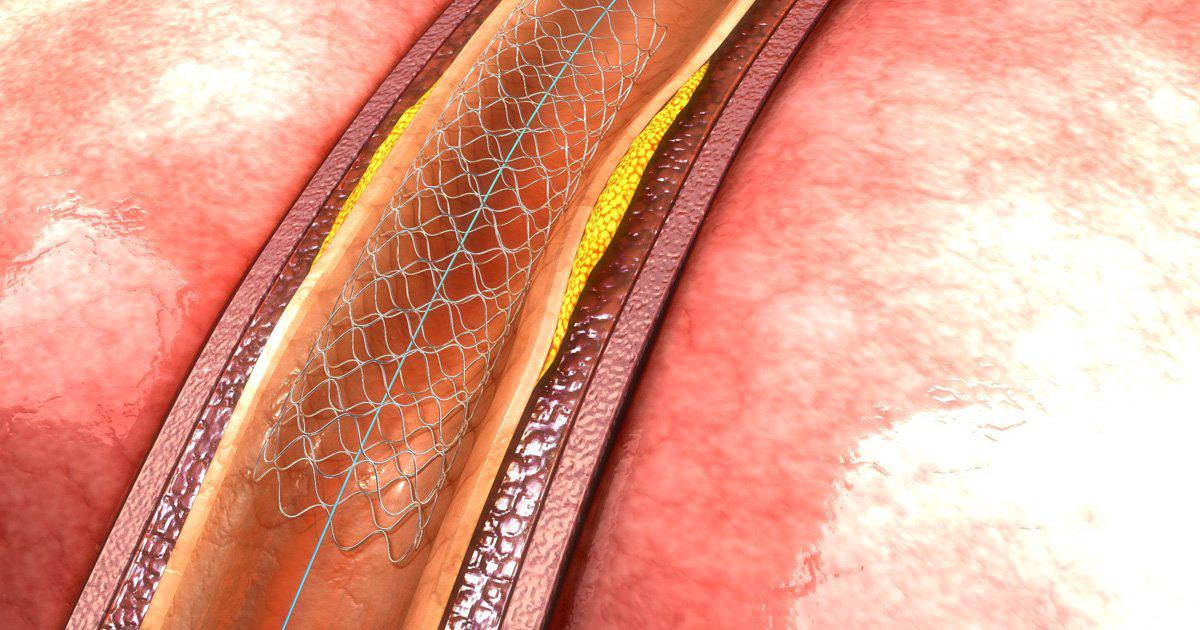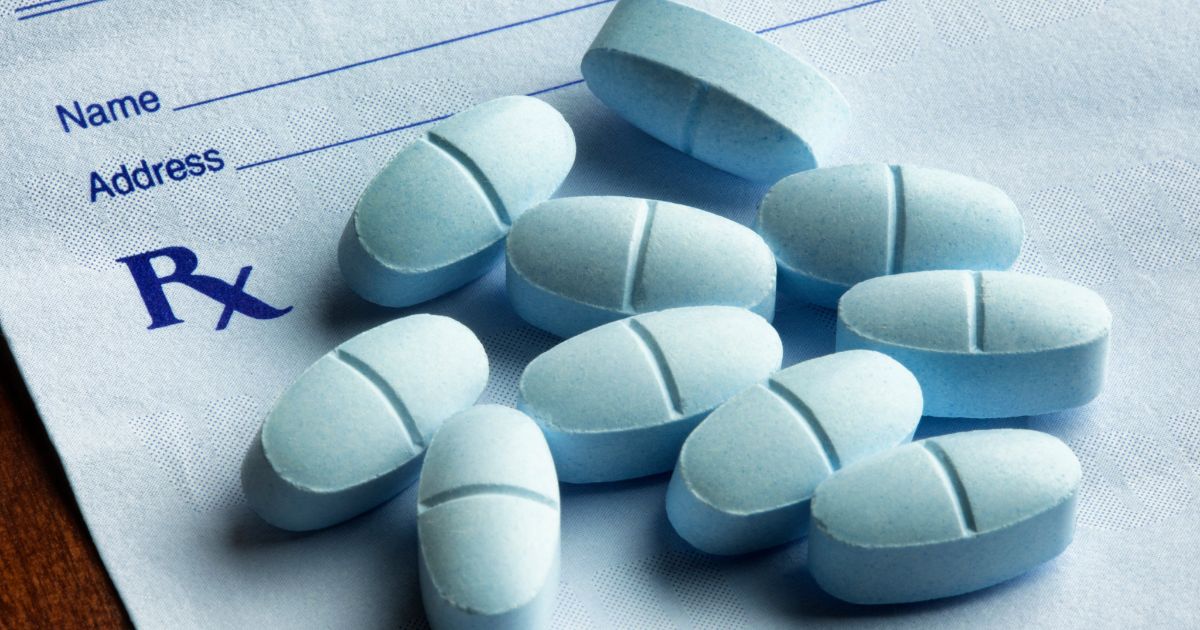Options For Treating Acute Coronary Syndrome
Angioplasty And Stenting

Angioplasty and stenting are also popular choices for treating acute coronary syndrome. Angioplasty is the surgery where blocked blood vessels are opened to allow the blood to begin returning to the heart. The stent, also called the coronary artery stent, is a metal tube used to expand the inside of the artery. It functions by preventing the artery from closing during surgery. It can also be used long term to prevent the artery from closing over the long term. It is used to treat atherosclerosis, which causes fatty plaque to build up in the blood vessels in the heart.
Physicians will suggest it if lifestyle changes or medications have not improved the patient's heart condition. However, the procedure is not for everyone. If the heart muscle has been weakened or there are a number of diseased blood vessels, physicians will prescribe artery bypass surgery instead. There are several risks involved in angioplasty, despite it being one of the less invasive procedures. Risks include blood clots, bleeding, and re-narrowing of the artery.
Nitroglycerin

Nitroglycerin helps with chest pain related to the blood flow to the heart. It helps open up the blood vessels to allow more blood through to the heart, relieving chest pain. Physicians suggest patients should take it before certain activities like physical activities, exercise, and situations that cause anxiety or stress. The medication is taken by mouth up to four times each day.
It should be swallowed whole because crushing the capsules could release the entire drug at once, increasing the risk of side effects, which include headaches, dizziness, nausea, or lightheadedness. It is important for patients to communicate with their doctor if they start experiencing any serious side effects including fainting, or irregular heartbeats. It is also important for the patient to communicate with their doctor if they have low blood pressure, because nitroglycerin may cause lowered blood pressure.
